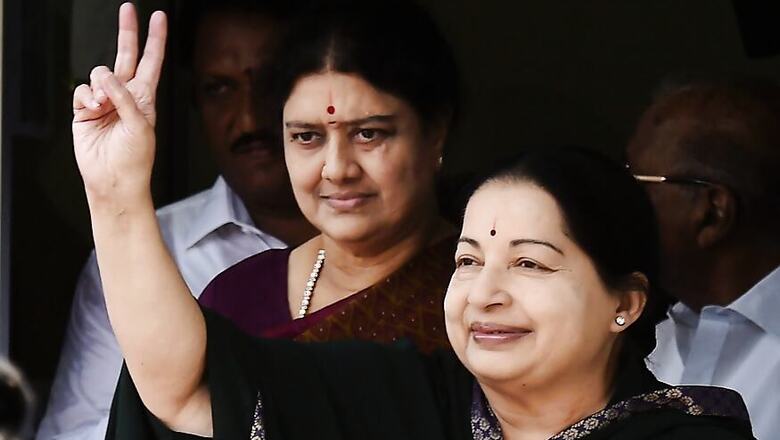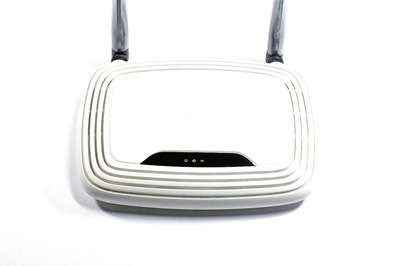
views
New Delhi- As the SC bench upheld the Karnataka Trial Court order on Tuesday convicting late Tamil Nadu CM Jayalalithaa, Sasikala, VN Sudhakaran and Ilavarasi, the spotlight is again on the 2014 verdict which held them guilty of amassing disproportionate assets and the judge, Justice John Michel Cunha who had raised serious questions on how Sasikala and others were ‘equally complicit’ in generating the wealth in question.
To recall, Jayalalithaa and the other three were convicted under Section 13 (1) (E) of the Prevention of Corruption Act (criminal misconduct by public servants), Section 120 (B) of IPC (criminal conspiracy) and Section 109 (abetment).
Justice Cunha had raised certain pertinent questions in the verdict which the SC has most likely taken into consideration while holding her guilty on Tuesday.
A few of them were:
- Court held that there was ‘overwhelming evidence indicating the circumstances of active abetment and conspiracy by Sasikala, Sudhakaran and Ilavarasi, in the commission of the offence u/Sec. 13 (1) (e) of the Act.
- Justice Cunha said that all the accused acted in a ‘concert with each other with sole object to acquire and hold properties and assets disproportionate to the known source of income of Jayalalithaa.
- The court found that there were constitution of various firms which showed a conspiracy between the parties. Previously (before the court check commenced) only two firms named Jaya Publications and Sasi Enterprises existed, but soon almost 18 firms came into existence with a similar partnership arrangement.
- The judge expressed serious questions on why was Sasikala residing with Jayalalithaa given the fact that she was married and her own residence.
- The court had refused to believe that, being the Chief Minister of a State, Jayalalithaa was unaware of the large scale activities carried on by the persons living in her own house using her own residential address. It was found that even the voters list of the three were maintained in Jayalalithaa’s residential address.
- There was a ‘flow of money’ which the court had pointed out in 2014. ‘The flow of money from one account to the other accounts would establish beyond reasonable doubt that all the accused persons have actively participated in the conspiracy to launder the ill-gotten wealth of Jayalalithaa for purchasing properties in the names of the firms and the companies acquired by them.”
- Justice Cunha had clearly stated that there ‘was no scope for leniency or sympathy’ in this case.
Now that the Apex Court has upheld this order verbatim, all the points raised by Justice Cunha stands reiterated by the Apex Court.














Comments
0 comment